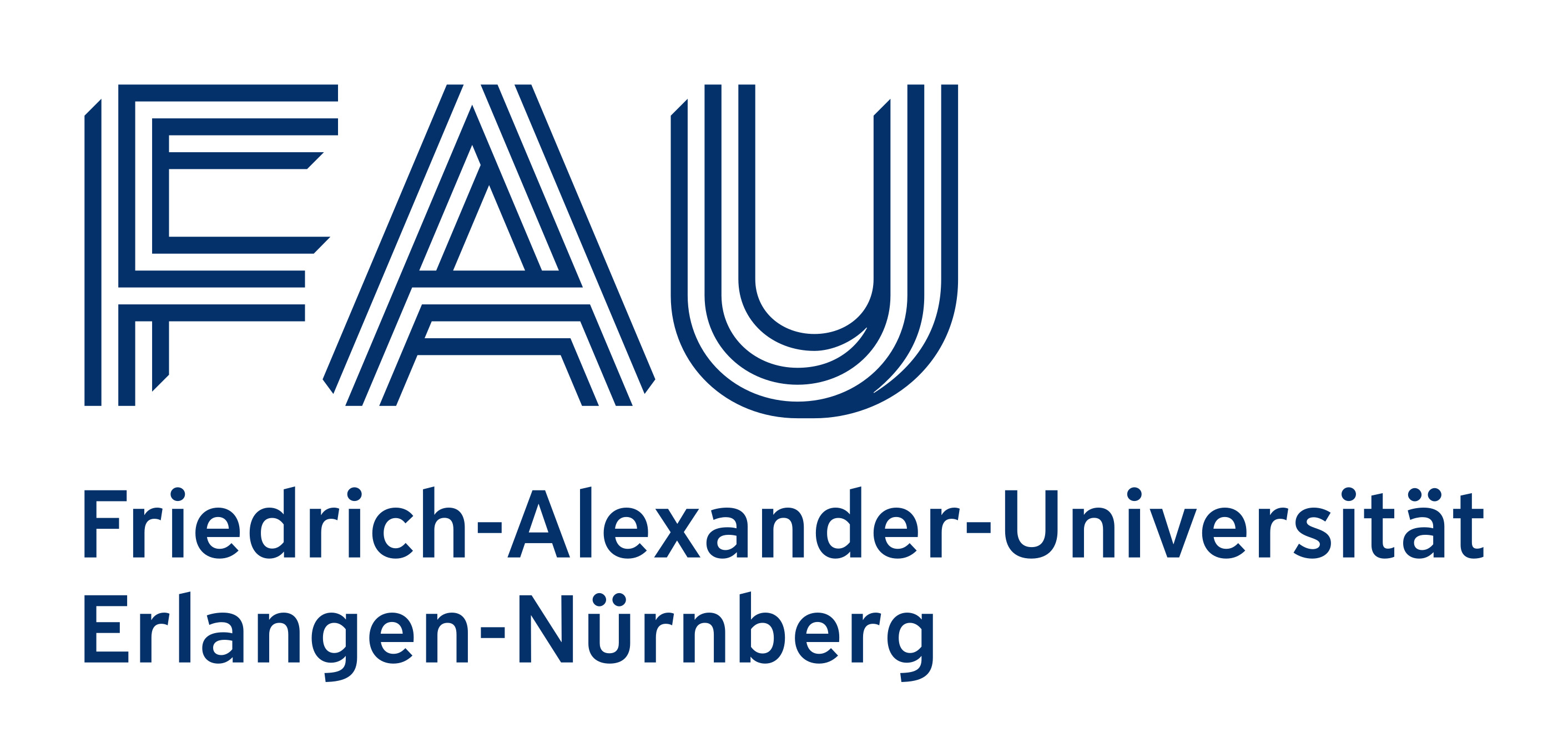Constitutional courts and transnational solidarity conflicts
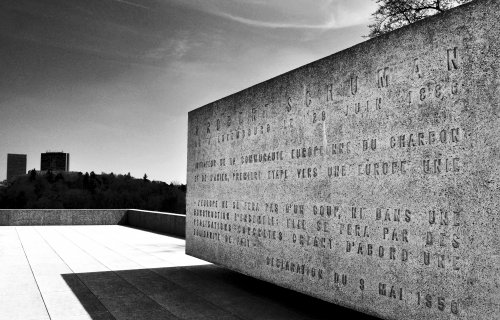
Conflict and conflict resolution
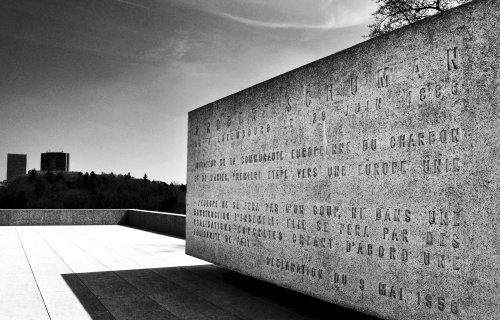
Research material
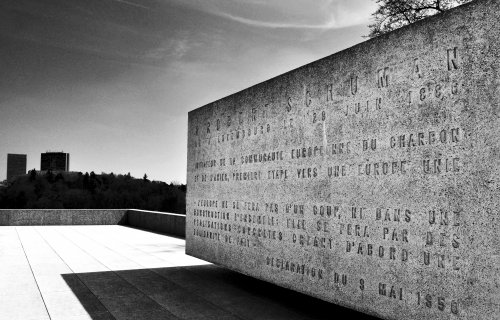
Research aims
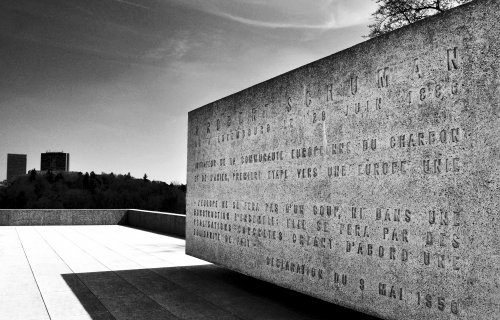
Affiliation
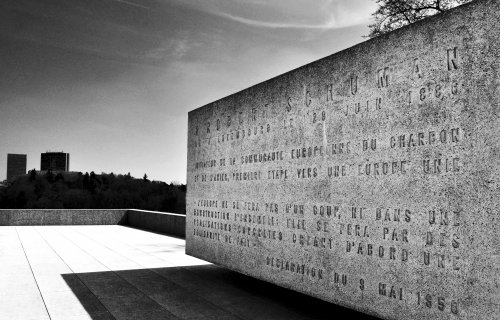
"Structural change of conflict resolution in Europe"
Third meeting of the working group
The interdisciplinary working group “structural change of conflict resolution in Europe” met on 18-19 May at the Max Planck Institute for Comparative Public Law and International Law in Heidelberg. A primary focus were the multiple conflicts that manifested and intensified during the European economic and financial crisis. The group especially discussed the emergence of the European competition policy, the changes of socioeconomic conflict constellations through the European integration process, ‘integrative’ and ‘non-integrative’ conflicts, and political and judicial forms of conflict regulation as well as the general role of experts in modern societies and their specific function within the European Union.
The meeting particularly benefited from the insightful guest lectures of Brigitte Leucht (University of Portsmouth) and Florian Rödl (Free University of Berlin). Leucht spoke about the importance of transnational networks for the emergence of the European competition regime; Rödl focused on the changes of conflict constellations and highlighted the loss of power workers’ unions witnessed through the European integration process.
-
The Case for Corona Bonds
Anuscheh Farahat supports Matthias Goldmann's proposal for corona bonds
-
Brent Spar Revisited?
Kristina Schönfeldt's Blogpost on German Practice in International Law
-
From Constitutional Normality to the State of Emergency
Teresa Violante's and Rui T. Lanceiro's blogpost on the coping with Covid-19 in Portugal
-
Against the Apocalyptic Swan Song: A Plea for Practical Hope
Anuscheh Farahat's intervention on the Verfassungsblog
-
Combatting TINA-Rhetoric through Judicial Review
Anuscheh Farahat and Teresa Violante on constitutional review in times of austerity
-
(Not) Striking down Surrogate Motherhood
Teresa Violante on the Recent Decision of the Portuguese Constitutional Court
-
Populism as a wildcard of the democratic promise
Marius Hildebrand together with Astrid Séville and Conrad Lluis Martell on Soziopolis
-
Constitutional complaint in Portugal?
Teresa Violante's opinion on the possible introduction of the constitutional complaint in Portugal
-
Pushing for transformation
Anuscheh Farahat about transformative constitutionalism on the international law blog
-
Disenchantment failed
Marius Hildebrand on the Swiss People's Party as avantgarde of the New Right in Europe

